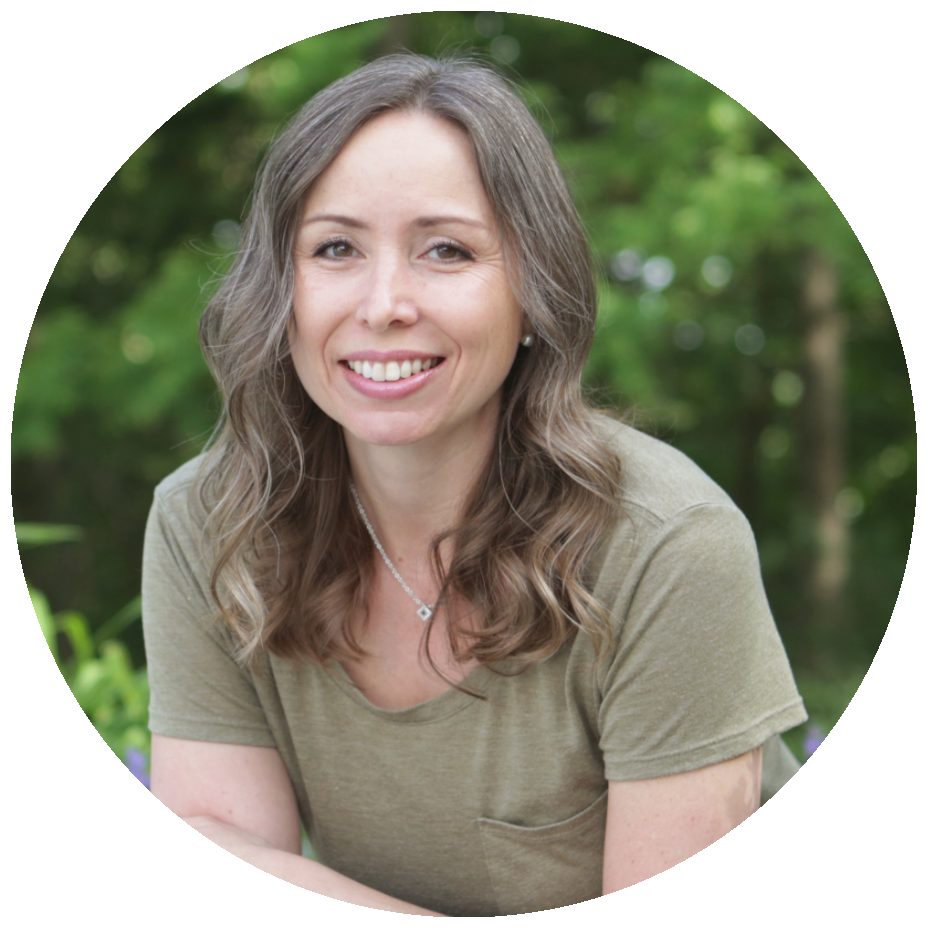I can hardly believe that it’s back to school time! Even though homeschool officially begins next week, I am 6 weeks into my holistic health coach training at IIN. My studies have been truly fascinating and eye opening thus far, and I grow more in love with the field of holistic health coaching with each passing week.
An interesting topic was covered in this last module – the differences between health coaches, nutritionists, and dieticians. This is a fantastic discussion because I didn’t understand the differences at first either. In fact, when I knew I wanted to pursue a profession in the health field, I first searched for information about nutritionists and dieticians. Neither of them quite fit what I was hoping to accomplish, but that led me to Dr. Axe’s site, where I found a post about health coaching. After reading it, I knew immediately that coaching was the field I’d find my niche.
So what’s the difference, anyway?
Health coach, nutritionist, and dietician professionals play different roles in the health field, but I believe they compliment each other quite well. While nutritionists and dieticians often practice in hospitals, long term care facilities, doctors’ offices, and public health or government programs, health coaches are typically self-employed in gyms, spas, corporate wellness programs, doctors’ offices, or wellness centers.
.jpg) Health coaches guide clients to develop strategies for long term holistic lifestyle and behavioral changes, with a perspective of overall wellness. Though healthy food can certainly play a role in a client’s wellness journey, health coaches take a “big picture” approach as they encourage, educate, and guide clients to create lasting lifestyle changes that promote sustainable, long term health and wellness.
Health coaches guide clients to develop strategies for long term holistic lifestyle and behavioral changes, with a perspective of overall wellness. Though healthy food can certainly play a role in a client’s wellness journey, health coaches take a “big picture” approach as they encourage, educate, and guide clients to create lasting lifestyle changes that promote sustainable, long term health and wellness.
- Nutrition Theory – Health coaches emphasize whole foods and often promote several different dietary theories tailored to the needs of each unique client. There is no one-size-fits-all approach.
- Session Approach – Sessions are mostly client driven, initiated by the client’s decision to make a life change. Intervention isn’t limited to nutrition and typically includes non-food forms of nourishment including spirituality, career, physical activity, relationships, and other lifestyle factors. Recommendations are made to support a clients’ ability to make small, attainable, step-by-step changes that help them create and stick to individual health goals. A gradual introduction of basic changes allows clients to experience a larger shift in overall wellness with only a little effort.
- Client Analysis & Intervention – Health coaches do not diagnose, treat, or take responsibility for bringing about wellness changes in a client’s life. Rather, they work to guide and support the development of and progress toward clients’ personal wellness goals. They make low-risk recommendations with the goal of bringing about lasting behavioral changes to ultimately promote overall wellness.
- Education Background – Though there is not a specific education degree or license required to practice health coaching (at this point in time – that’s coming!), most coaches have been trained through certified health coaching courses and schooling programs, and some have been trained at the masters level or have received other specialized certifications. They typically have plenty of hours of practical experience, although there is no specific requirement. Likewise, many health coaches pass an exam to become a certified health coach. Clients are more than welcome to ask about a health coach’s education background to make sure it compliments their health goals before working with them.
.jpg) Nutritionists (CNS) and Registered Dieticians (RD) are practitioners who use their knowledge of nutrition to address health needs and nutritional concerns.
Nutritionists (CNS) and Registered Dieticians (RD) are practitioners who use their knowledge of nutrition to address health needs and nutritional concerns.
- Nutrition Theory – CNSs and RDs focus on food components like macro-nutrients and micro-nutrients and often emphasize diet plans based on the government-developed guidelines.
- Session Approach – Sessions are typically initiated by a doctor recommendation or prescription and may (or may not) be client driven. The goal is to create a diagnostic treatment plan, which can sometimes be regulated by the insurance company. Dietary nutrition and behaviors centered around food are the primary focus.
- Client Analysis & Intervention – CNSs and RDs diagnose clients’ nutritional imbalances and concerns using the process of identifying problems, causes, and symptoms to create a treatment plan. They make specific nutrition recommendations, often using food components like calories, grams of protein, and mililiters of water based on activity level, stress level, and body composition.
- Education Background – Nutritionists have degrees in nutrition or a related field from an accredited university. Depending on state-specific requirements, CNSs must pass a certification board and complete up to 1000 hours of practical supervised experience. RDs study diet and nutrition at a college program that must be approved by the Academy of Nutrition and Dietetics (AND). In order to treat clients, RDs are required to complete 900-1200 hours of supervised practical experience, as well as pass an exam. There are more legal regulations for RDs, but CNSs may also have license regulations, depending on the state.
Although health coaches, nutritionists, and dieticians all work in the health field, they offer different services and programs. I believe there is a place for all three professions, depending on the desired outcome of the client.
![]()
What is my goal as a health coach? As a holistic health coach, my goal will be to encourage, support, educate, inspire, and guide clients to transform their health goals into actions.
The whole person will be emphasized: body, mind, and spirit.
Individualized wellness programs will meet clients’ needs using small, attainable, step-by-step changes designed to bring about overall wellness. Encouraging clients to hold themselves accountable as they adapt these positive changes will support them in their journeys.
.jpg) And yes, nutrition will likely be part of the conversation, but it’s only one part of an overall wellness program. Together, we will take advantage of the many different nutrition theories to find what works best for each individual client. Instead of writing a script, I want to work with my clients and empower them to take control of their health and learn to recognize what their bodies need. While there is certainly a place for short term treatment plans and diagnoses, my hope is to help clients create lasting behavioral habits that improve their wellness and overall quality of life.
And yes, nutrition will likely be part of the conversation, but it’s only one part of an overall wellness program. Together, we will take advantage of the many different nutrition theories to find what works best for each individual client. Instead of writing a script, I want to work with my clients and empower them to take control of their health and learn to recognize what their bodies need. While there is certainly a place for short term treatment plans and diagnoses, my hope is to help clients create lasting behavioral habits that improve their wellness and overall quality of life.
Sometimes we think that if we simply eat better, our health will automatically improve. While that may be the case sometimes, there are so many other parts of a holistic health approach. Aspects like relationships, career, spirituality, and physical activity should be integrated into an overall wellness plan. Just as there is a place for nutritionists and dieticians to diagnose and treat specific nutrition issues, there is a real need for health coaches to mentor and guide clients toward their personal wellness goals. An emphasis of finding balance helps to bring about lasting lifestyle changes to support sustainable, long term wellness.






